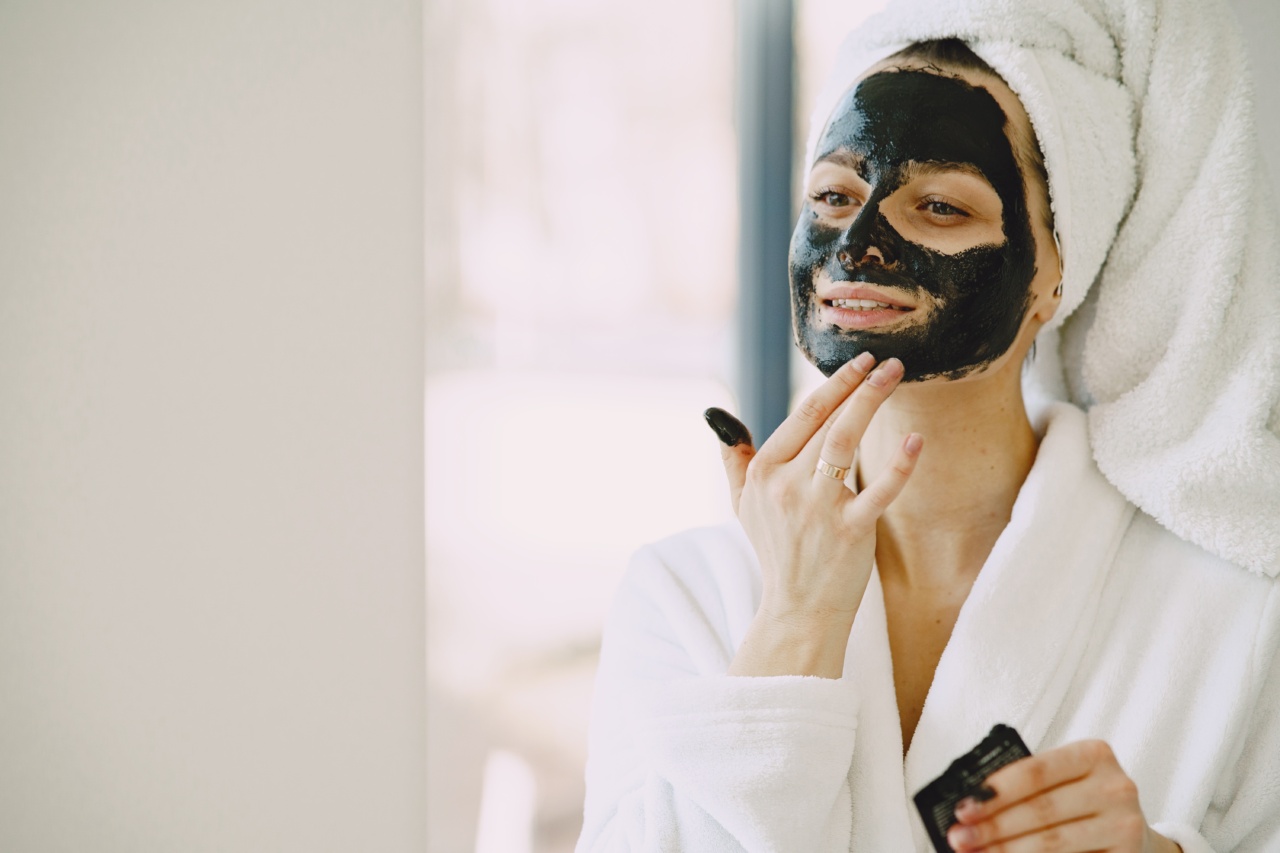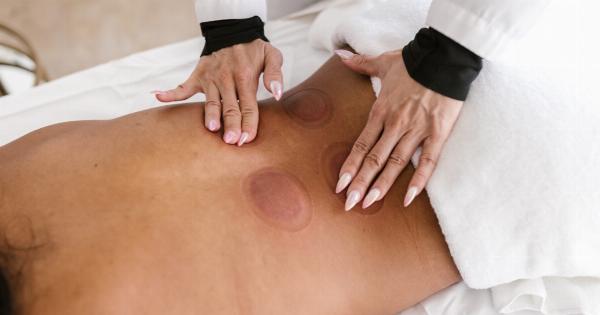Eczema is a chronic skin condition that affects millions of people worldwide. It is characterized by dry, itchy, and inflamed skin that can be both painful and frustrating to deal with.
While there is no known cure for eczema, there are several holistic treatments that can help manage the symptoms and promote healthy skin. In this article, we will explore some of these natural remedies and discuss their benefits.
1. Diet and Nutrition
One of the key factors in managing eczema is maintaining a healthy diet. Certain foods have been found to trigger eczema flare-ups in some individuals, so it is important to identify and avoid these triggers.
Common triggers include dairy products, eggs, soy, gluten, and nuts. Additionally, incorporating foods rich in omega-3 fatty acids, such as fatty fish, flaxseeds, and walnuts, can help reduce inflammation and promote skin health.
2. Probiotics
Probiotics are beneficial bacteria that can help promote a healthy gut and immune system. Several studies have shown that individuals with eczema may have an imbalance in their gut microbiome, leading to increased inflammation and skin problems.
Taking probiotic supplements or consuming probiotic-rich foods, such as yogurt and sauerkraut, can help restore this balance and improve eczema symptoms.
3. Moisturizing
Keeping the skin well-hydrated is essential for managing eczema. Dryness can exacerbate itching and inflammation, making the condition worse. Using a gentle, fragrance-free moisturizer regularly can help lock in moisture and soothe dry skin.
Look for moisturizers that contain ingredients like ceramides, glycerin, and hyaluronic acid, as these are known to be beneficial for eczema-prone skin.
4. Natural Topical Remedies
There are several natural topical remedies that can provide relief from eczema symptoms. These include:.
Aloe Vera: Aloe vera has soothing and anti-inflammatory properties that can help reduce redness and itching. Apply pure aloe vera gel to the affected areas for relief.
Coconut Oil: Coconut oil is a natural moisturizer that can help soothe dry and itchy skin. Apply a thin layer of organic, extra virgin coconut oil to the affected areas and massage gently.
Calendula Cream: Calendula cream is derived from marigold flowers and has anti-inflammatory properties. It can be applied topically to reduce itching and inflammation.
Witch Hazel: Witch hazel has astringent properties and can help relieve itching. Apply a small amount of witch hazel extract to the affected areas using a cotton ball.
5. Stress Management
Stress is known to worsen eczema symptoms in many individuals. Incorporating stress-management techniques into your daily routine, such as meditation, deep breathing exercises, and yoga, can help reduce stress levels and improve overall skin health.
6. Avoiding Irritants
Eczema-prone skin is often sensitive and easily irritated. Avoiding irritants and allergens can help prevent flare-ups. Some common irritants include harsh soaps, fragrances, dyes, and certain fabrics like wool.
Opt for gentle, fragrance-free cleansers and detergents, wear soft and breathable clothing, and avoid exposing the skin to excessive heat or cold.
7. Mind-Body Therapies
Various mind-body therapies, such as acupuncture and hypnosis, have shown promise in managing eczema symptoms. Acupuncture involves the insertion of thin needles into specific points on the body to stimulate energy flow and promote healing.
Hypnosis can help individuals manage stress and reduce the severity of eczema flare-ups.
8. UV Therapy
Exposure to ultraviolet (UV) radiation from the sun or artificial sources can help reduce inflammation and control eczema symptoms.
However, it is important to use UV therapy under the guidance of a healthcare professional as excessive exposure can have adverse effects on the skin.
9. Herbal Supplements
Several herbal supplements have shown potential in managing eczema symptoms. These include:.
Evening Primrose Oil: Evening primrose oil contains gamma-linolenic acid (GLA), an omega-6 fatty acid that can help reduce inflammation and improve skin health.
Turmeric: Turmeric has anti-inflammatory properties and can be taken as a supplement or used as a spice in cooking. Consult with a healthcare professional before starting any herbal supplements.
Chamomile: Chamomile has soothing and anti-inflammatory properties. Drinking chamomile tea or using chamomile-infused lotions and creams may provide relief from eczema symptoms.
10. Consultation with a Healthcare Professional
It is essential to consult with a healthcare professional, such as a dermatologist or allergist, for a proper diagnosis and personalized treatment plan.
They can help determine the underlying causes of your eczema and recommend appropriate holistic treatments for your specific condition.































